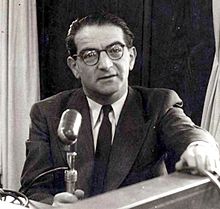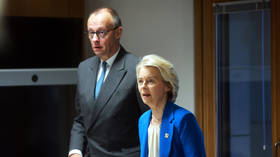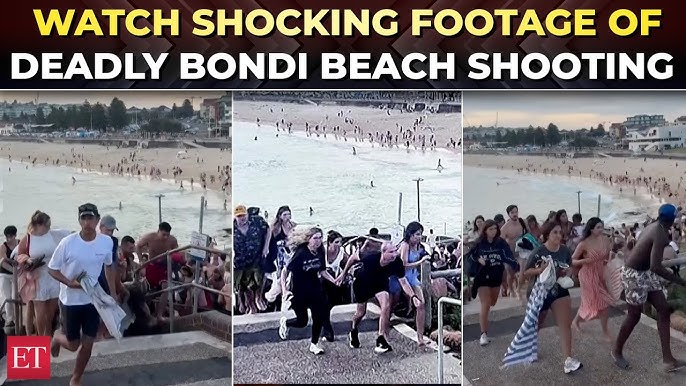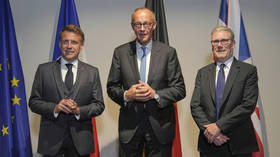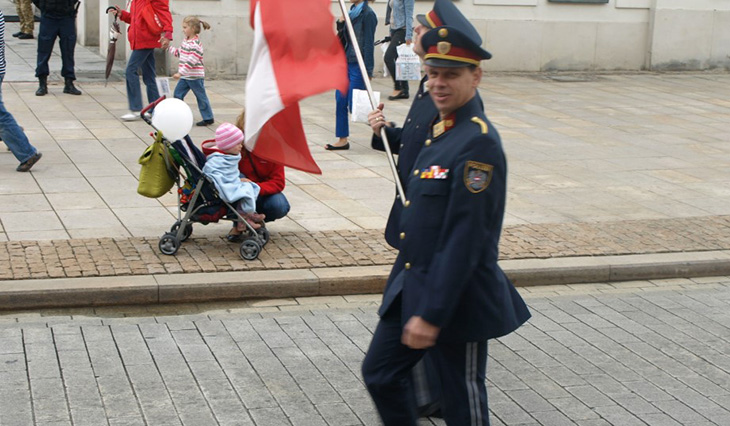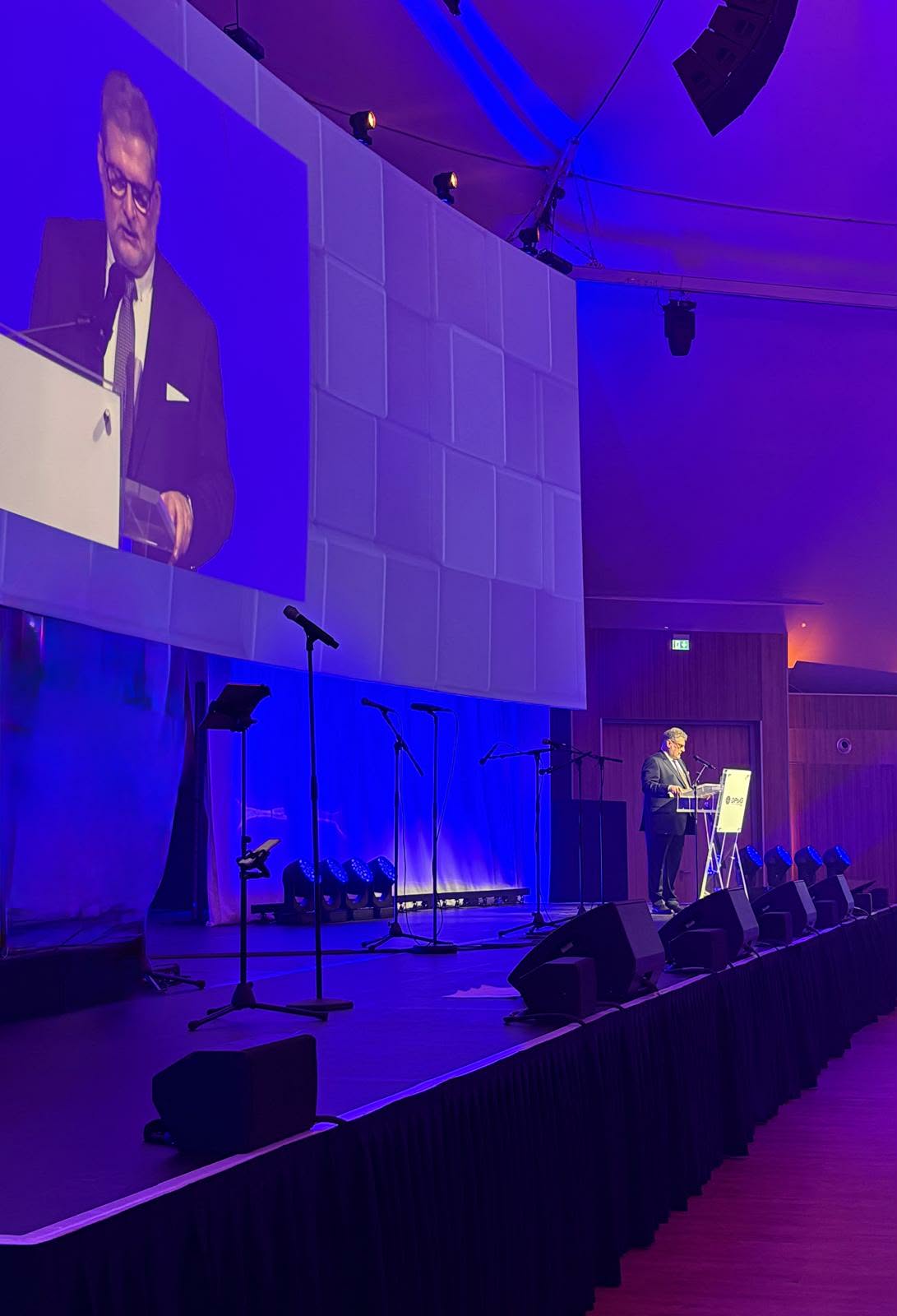
Biden Throws Cuban Curve Ball Days Before Trump Enters White House
In yet another curveball thrown by the Biden administration just days before President-elect Trump is to enter the Oval Office, Washington is removing Cuba from the state sponsor of terrorism list.
„An assessment has been completed and we do not have information that supports Cuba’s designation as being a state sponsor of terrorism,” a Biden official said Tuesday. The removal comes in the context of an initiative by the Roman Catholic Church to secure the release of political prisoners.
However it’s not being welcomed by the Trump administration and Republicans, and is expected to be reversed soon after Trump takes office.
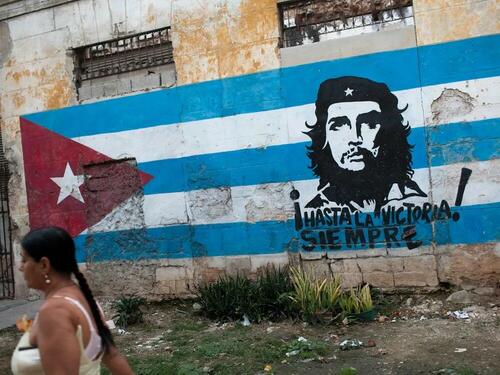 Image source: Smithsonian Magazine
Image source: Smithsonian MagazineThis Catholic Church-mediated deal will see „many dozens”” of political prisoners and others deemed by the US to be unjustly detained will be released as a result. The release is set to come on the very last day of the Biden administration—at noon on Jan. 20.
„In taking these steps to bolster the ongoing dialogue between the government of Cuba and the Catholic Church, President Biden is also honoring the wisdom and counsel that has been provided to him by many world leaders, especially in Latin America, who have encouraged him to take these actions, on how best to advance the human rights of the Cuban people,” White House press secretary Karine Jean-Pierre announced in a statement.
Other „good will” actions are expected to be included in the policy change. The Latin American island nation has been under full US embargo going back to the Kennedy administration in the 1960s and at the height of the Cold War, and since then Cuba lost an estimated $130 billion over the sixty years that followed, according to some studies.
Since the 2000s Cuba policy has been a matter of tug-of-war between alternating Republican and Democratic administrations. Obama sought to improve relations, a policy continued lately with Biden. Obama eased restrictions on travel and remittances for Cuba from the first year he entered office, in 2009.
And then in 2014 Obama and Raúl Castro announced the restoration of full diplomatic relations amid a continued thaw. By 2015 Cuba was removed from the terrorism list the first time around, and Cuba and the US reopened their respective embassies. The next year Obama became the first sitting US president in nearly ninety years to visit Cuba and meet with government leaders.
But it was Trump who in his first term reversed many of these policies, eventually returning Cuba to the state sponsors of terrorism list. This was also under Secretary of State Mike Pompeo:
The U.S. State Department returns Cuba to its list of state sponsors of terrorism, reversing another Obama-era step toward normalization, as Trump prepares to leave office. Secretary of State Mike Pompeo cites Cuba’s harboring of U.S. fugitives and Colombian rebels, as well as its support for Venezuela’s regime.
Trump’s incoming Secretary of State-designate Marco Rubio is expected to return to taking a hardline approach to both Cuba and Venezuela, akin to the position of Trump’s first administration.
Imagine the courage it took to lift this extra layer of the economic strangulation of Cuba just days before leaving office – just so Trump and Marco Rubio can re-impose it hours after inauguration https://t.co/hzDSZttg3R
— Max Blumenthal (@MaxBlumenthal) January 14, 2025
Some Democrats, chiefly in Florida, have blasted Biden’s removal of Cuba from the terrorism list as „naïve”.
„While any return of political prisoners from the clutches of Communist Cuba is cause for celebration, the regime’s treatment of the Cuban people continues to be one of the biggest human rights violations of the last century,” Florida Democratic Chair Nikki Fried said Tuesday.
Tyler Durden
Tue, 01/14/2025 – 19:40



